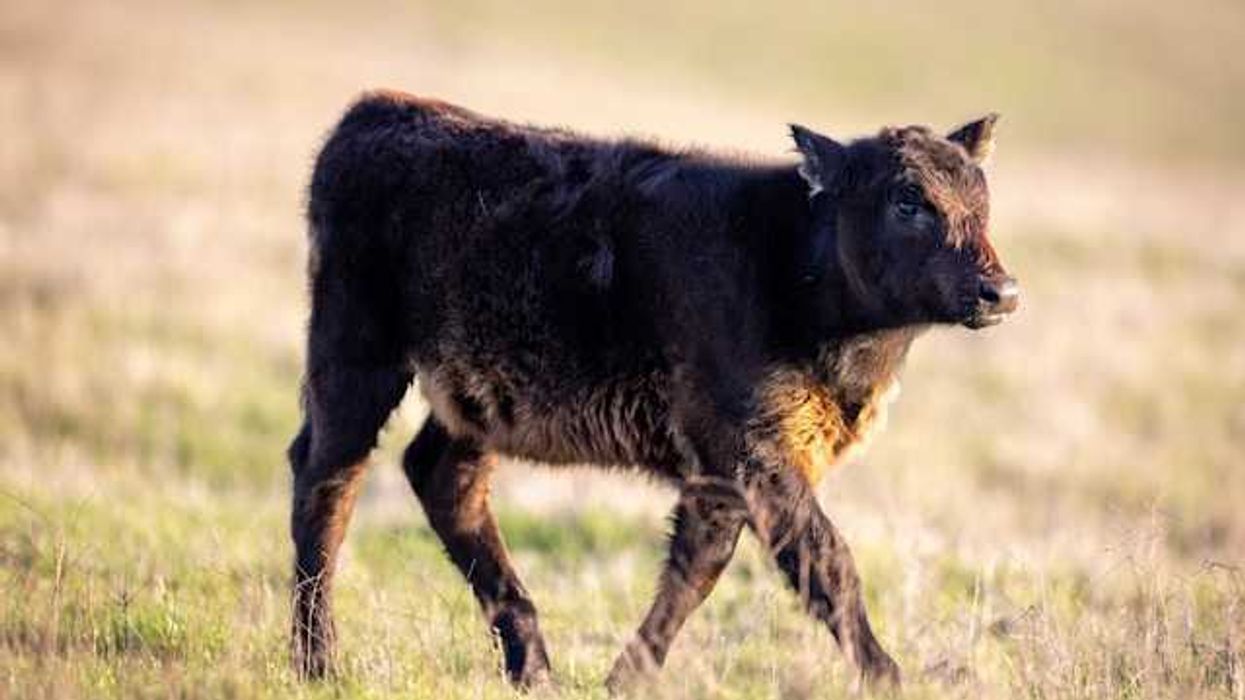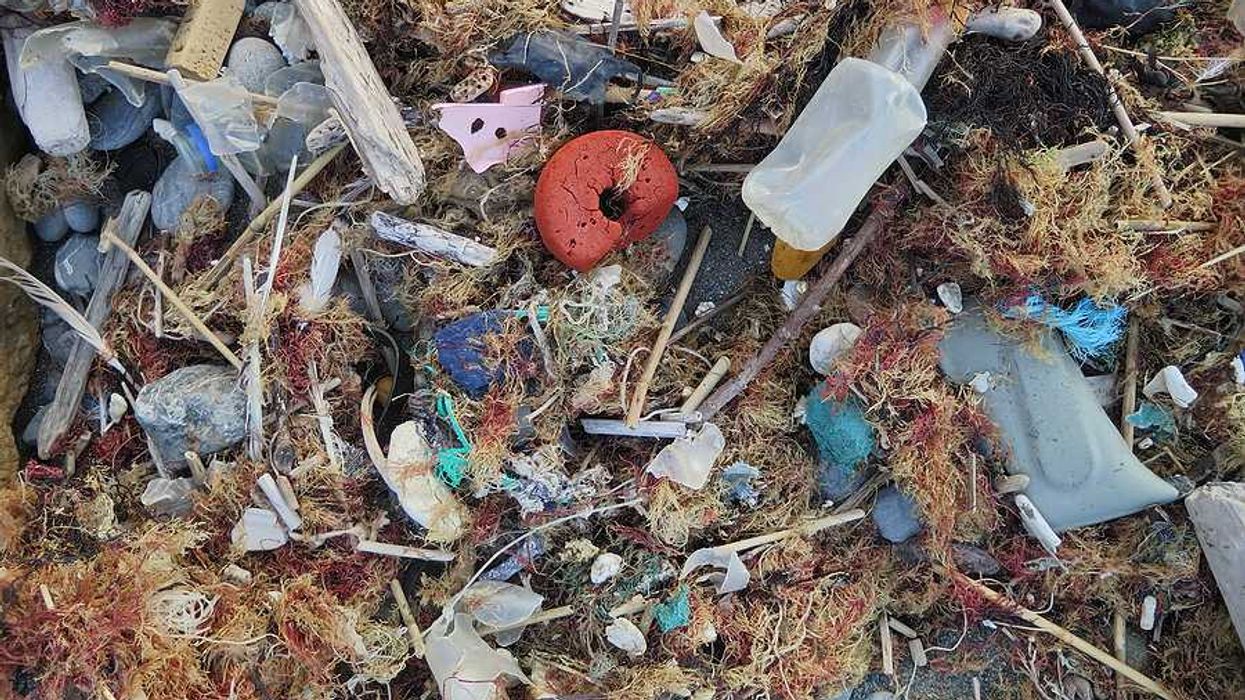In West Virginia, a new bill limiting county control over agricultural operations sparks fear of a toxic fumigation plant in the Allegheny Mountains.
John Raby reports for the Associated Press.
In short:
- The bill, passed by the House of Delegates, restricts counties from regulating agricultural activities, potentially paving the way for harmful industrial developments.
- Residents worry about the possible revival of plans for a facility emitting methyl bromide, a pesticide linked to severe health risks.
- The legislation reflects a broader trend of prioritizing industrial interests over local community health and environmental concerns.
Key quote:
The bill "is really just a backdoor way for non-local, corporate entities to build whatever they want, wherever they want, whenever they want, regardless of the impact on local communities."
— John Rosato, Hardy County resident.
Why this matters:
This development highlights the tension between industrial growth and environmental health. The potential for increased toxic emissions poses significant risks to public health, particularly in rural communities, and underscores the need for balanced policy-making that considers both economic and environmental impacts.














